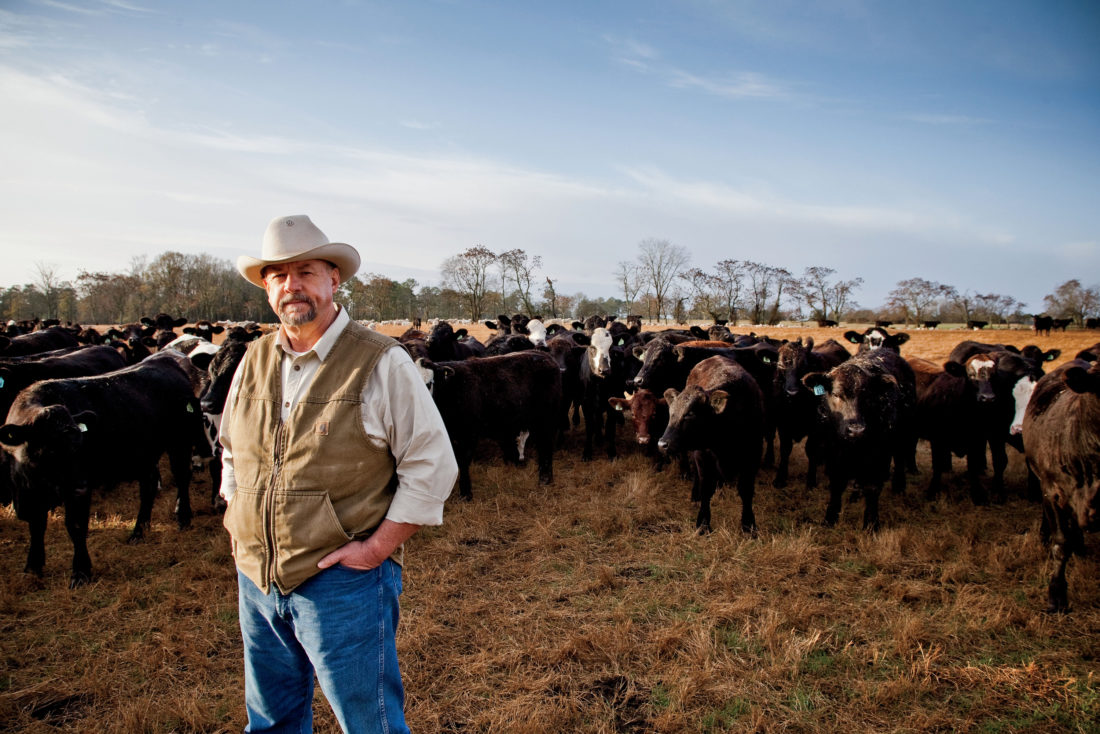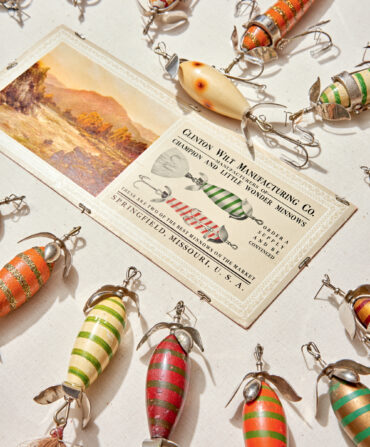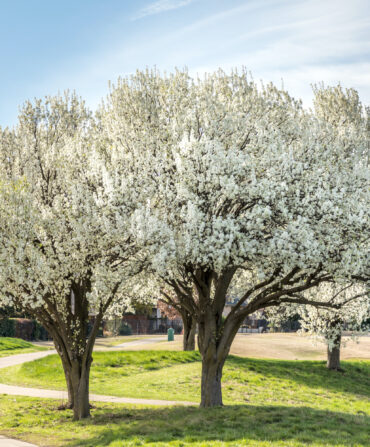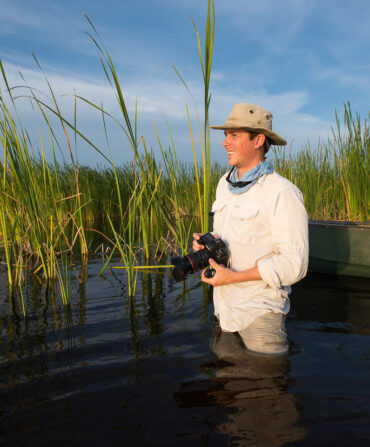There was no one-day epiphany,” says Will Harris, explaining, in a measured drawl, what prompted the radical makeover that has made his southwest Georgia farm, White Oak Pastures, a model of responsible land stewardship. “Things that excited me at twenty were less exciting to me at thirty, and started to be disgusting to me at forty.”
By the mid-1990s, Harris’s farm—started by his great-grandfather in 1866—had for decades used standard industrialized shortcuts for raising beef cattle: fattening calves in confinement with a diet of corn and soy, dosing them with hormones and antibiotics, and showering fields with chemical pesticides and synthetic fertilizer. But the better-food-through-chemistry approach increasingly stuck in Harris’s craw. “One of our core values has long been, you take care of the animals and the land and they’ll take care of you,” he says. “We weren’t doing as good a job at that as we could have.”
So Harris began a gradual transformation to what he calls a “low-impact, softer, gentler kind of farming.” His cattle now graze freely in naturally fertilized pastures, alternating with sheep, chickens, and turkeys. He’s invest ed in humane on-the-farm abattoirs, partially powered by solar panels. His seventy-five employees work on non-mechanized process ing lines and take home organic heirloom produce grown on-site. And after many a steep learning curve, the farm is once again profitable, his grass-fed beef, lamb, and poultry sold at Whole Foods stores and through the farm’s website. All good reasons for Harris to feel a sense of pride at the end of each day. “I feel better here than I do anywhere else,” he says. “The more the place becomes the way I want it to be, the more I want to be here on it.”








